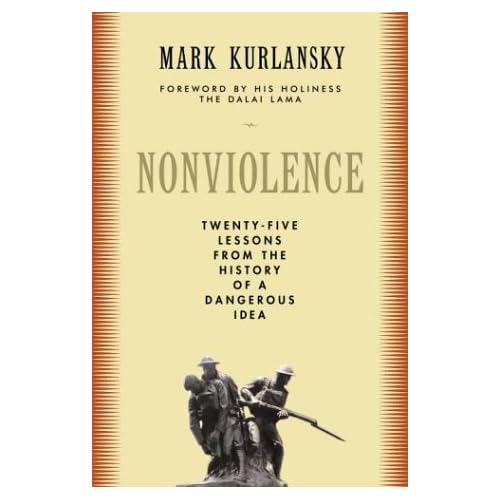I was rereading the Four Hour Work Week for probably the tenth time today, and this poem really hit me. Just sharing. Enjoy! Take every word in.
This reminds me that life is short, and that I should live in the moment every day, every moment, and value each of my experiences and all the people in my life today, not just sacrifice for some elusive future.
SLOW DANCE
Have you ever watched kids
On a merry-go-round?
Or listened to the rain
Slapping on the ground?
Ever followed a butterfly’s erratic flight?
Or gazed at the sun into the fading night?
You’d better slow down.
Don’t dance so fast.
Time is short.
The music won’t last.
Do you run through each day
On the fly?
When you ask “How are you?”
Do you hear the reply?
When the day is done
Do you lie in your bed
With the next hundred chores
Running through your head?
You’d better slow down
Don’t dance so fast.
Time is short.
The music won’t last.
Ever told your child,
We’ll do it tomorrow?
And in your haste,
Not see his sorrow?
Ever lost touch,
Let a good friendship die
Cause you never had time
To call and say “Hi”?
You’d better slow down.
Don’t dance so fast.
Time is short.
The music won’t last.
When you run so fast to get somewhere
You miss half the fun of getting there.
When you worry and hurry through your day,
It is like an unopened gift….
Thrown away.
Life is not a race.
Do take it slower
Hear the music
Before the song is over.
 (Reposted from
(Reposted from 


